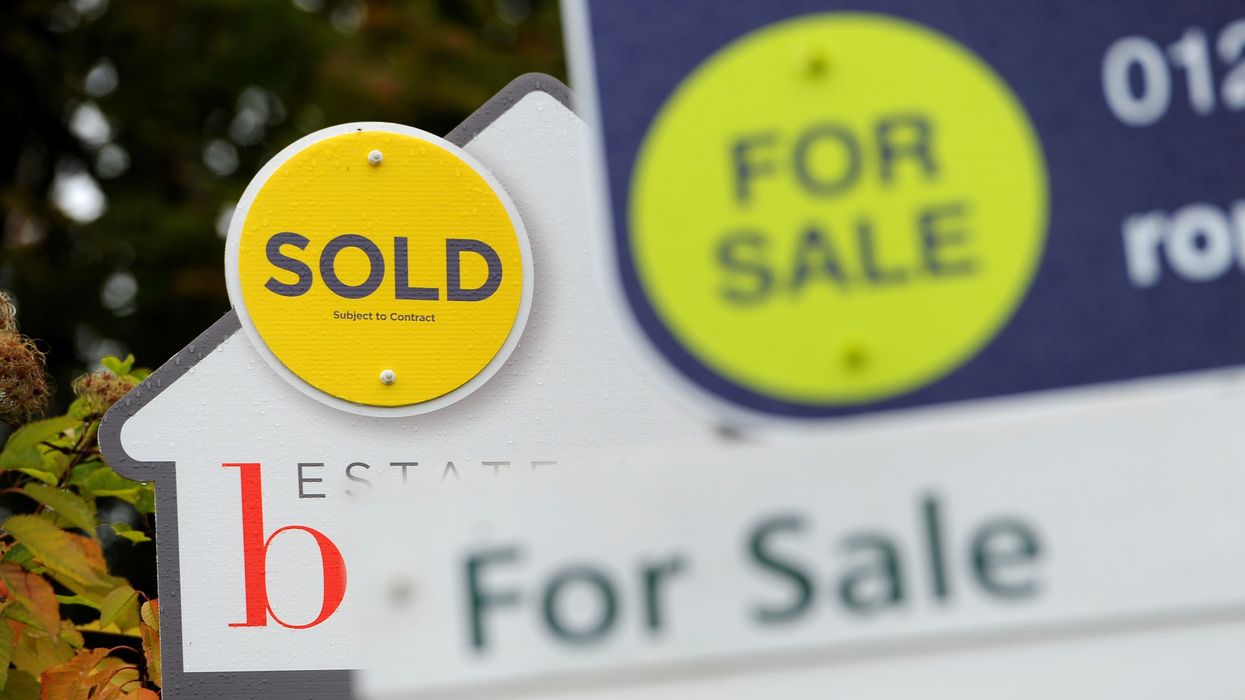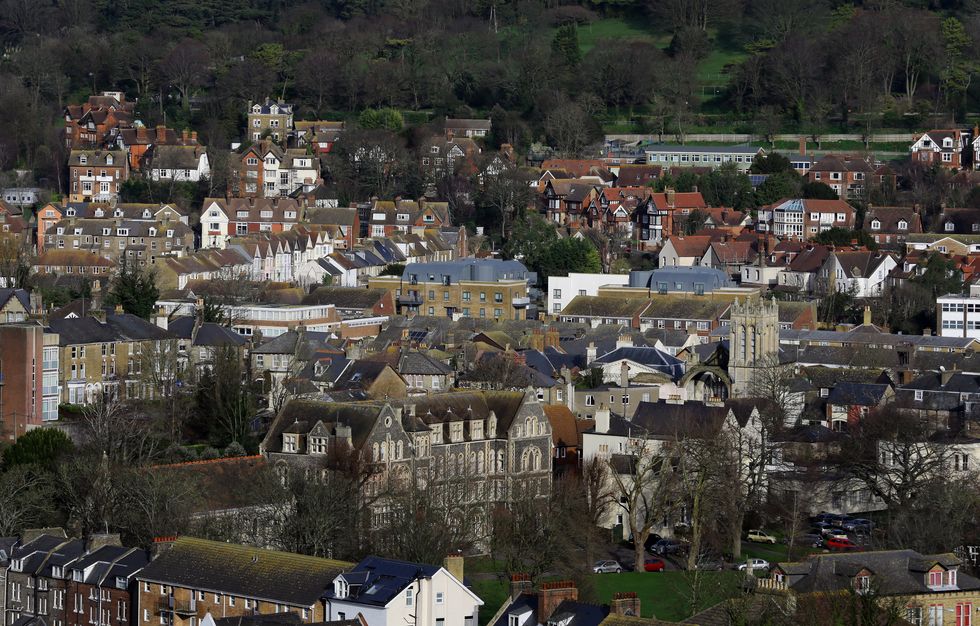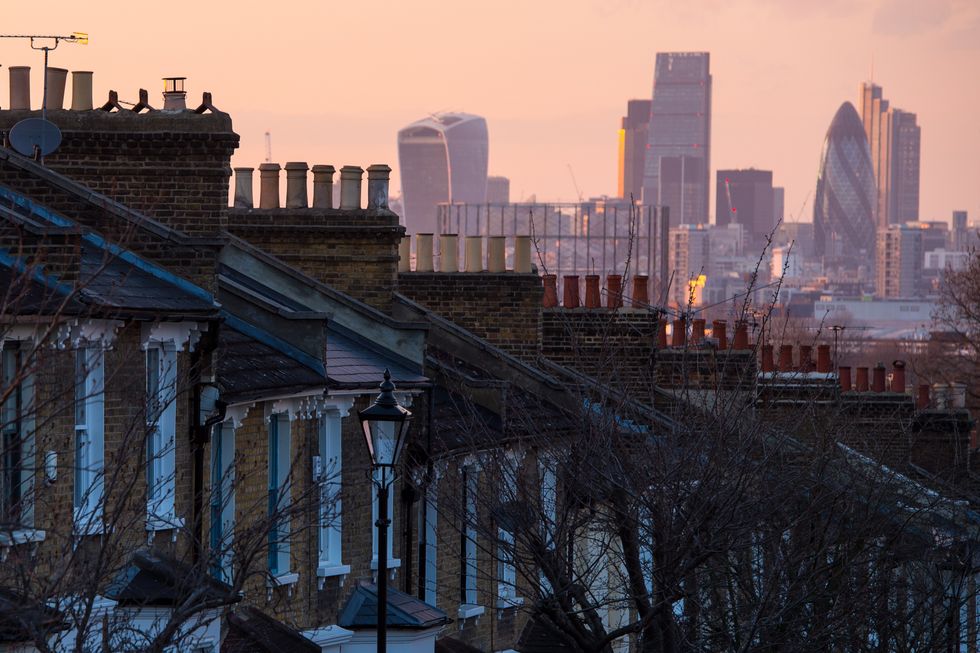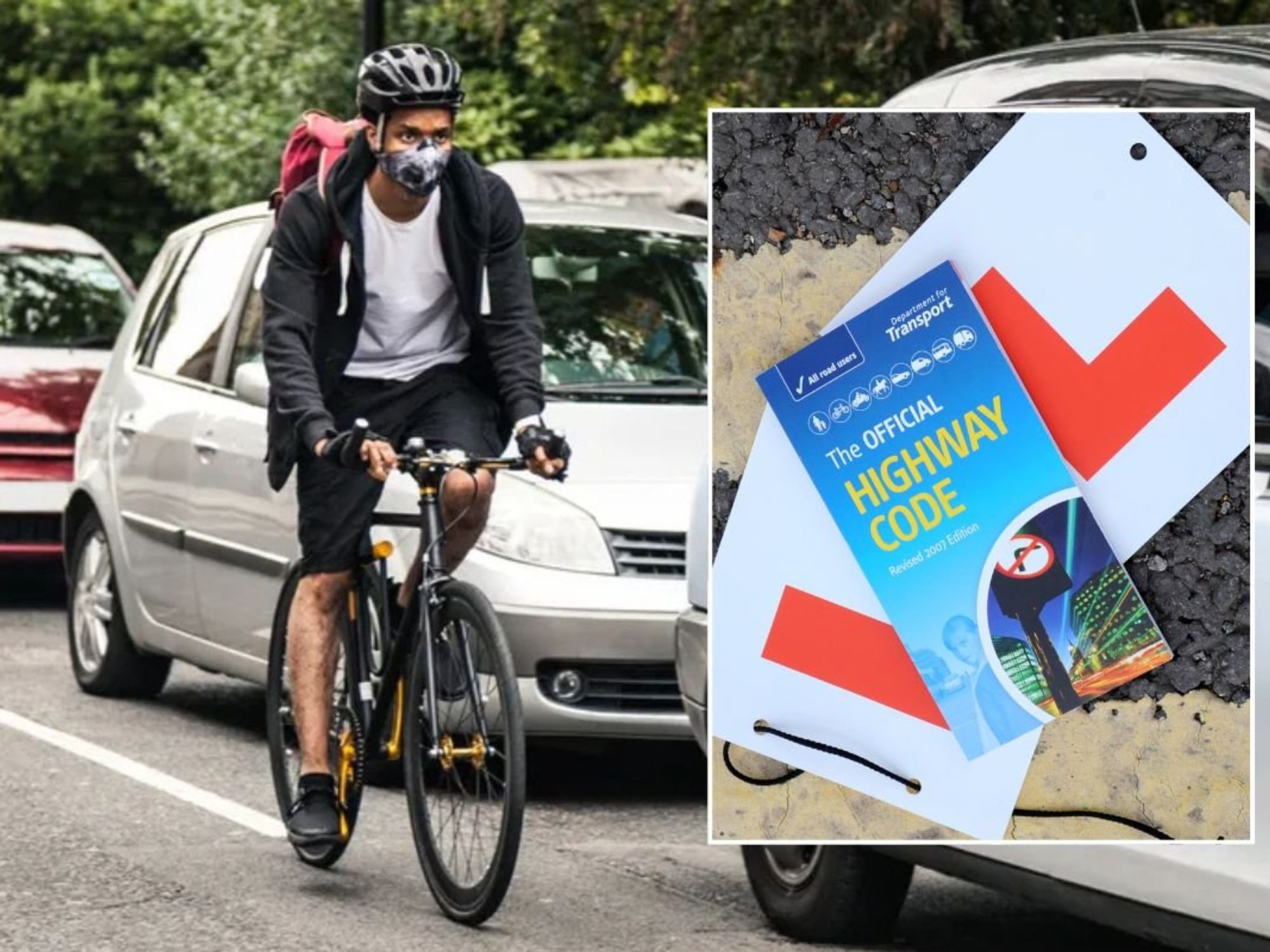UK house prices fall at fastest rate in 14 years

UK house prices dropped at their fastest annual rate in 14 years in July
|PA

House prices have come under more and more pressure as mortgage costs have increased following the Bank of England base rate rises.
Don't Miss
Most Read
Latest
UK house prices dropped at their fastest annual rate in 14 years in July, an index suggests.
Property values fell by 3.8 per cent on average annually last month, the biggest decline since July 2009, Nationwide Building Society said.
House prices decreased by 0.2 per cent month-on-month in July, reaching £260,828 on average.
A typical property price is now 4.5 per cent below the August 2022 peak, according to the building society.

Housing affordability remains stretched for those looking to buy a home with a mortgage, an expert warned
|PA
Robert Gardner, Nationwide’s chief economist, said: “Investors’ views about the likely path of UK interest rates have been volatile in recent months.
“There has been a slight tempering of expectations in recent weeks but longer-term interest rates, which underpin mortgage pricing, remain elevated.
“As a result, housing affordability remains stretched for those looking to buy a home with a mortgage.”
A prospective buyer, earning the average wage and hoping to buy a typical first-time buyer property with a 20 per cent deposit, would see monthly mortgage payments account for 43 per cent of their take-home pay, based on a six per cent mortgage rate, Mr Gardner explained.
This is a rise from 32 per cent a year ago, and significantly above the long-term average of 29 per cent.
The economist added: “Moreover, deposit requirements continue to present a high hurdle – with a 10 per cent deposit equivalent to 55 per cent of gross annual average income.”
The Bank of England base rate is currently at five per cent, but experts are predicting a further rise of 25 basis points on Thursday as the central bank tries to ease inflation.
Mr Gardner said: “While activity is likely to remain subdued in the near term, healthy rates of nominal income growth, together with modestly lower house prices, should help to improve housing affordability over time, especially if mortgage rates moderate once (the Bank of England base rate) peaks.”
Considering the expected interest rates rise on Thursday, Mark Harris, chief executive of mortgage broker SPF Private Clients, said: “We are not out of the woods just yet when it comes to rising mortgage costs.
“However, a few lenders, including HSBC, Barclays and Nationwide, have reduced their fixed-rate mortgage pricing on the back of better-than-expected inflation news. This has led to a calming of swap rates, which underpin the pricing of fixed-rate mortgages, after weeks of considerable volatility.”
LATEST DEVELOPMENTS:

House buyers may be forced to adjust their criteria
|PA
Nicola Schutrups, managing director at Southampton-based mortgage broker The Mortgage Hut, said while further falls in house prices look likely for the rest of this year, if inflation continues to drop and a strong jobs market remains, there’s “still a chance for a soft landing”.
Gabriella Dickens, senior UK economist at Pantheon Macroeconomics, said: “We think that house prices will have to fall by about eight per cent from their peak before demand and supply come back into balance.”
Myron Jobson, senior personal finance analyst at interactive investor, said: “Sellers may have to adjust to the new status quo in the housing market by being flexible on price, given the growing challenges posed by high mortgage rates and inflation. Buyers may be forced to adjust their criteria or wait even longer until they can make the numbers work to get on or move up the property ladder.”
Tom Bill, head of UK residential research at Knight Frank, said: “While we expect UK prices to fall by five per cent this year, demand should prove more resilient than expected between now and the general election given the cushioning effect of wage growth, high levels of housing equity, lockdown savings, the availability of longer mortgage terms, forbearance from lenders and the popularity of fixed-rate deals in recent years.”










